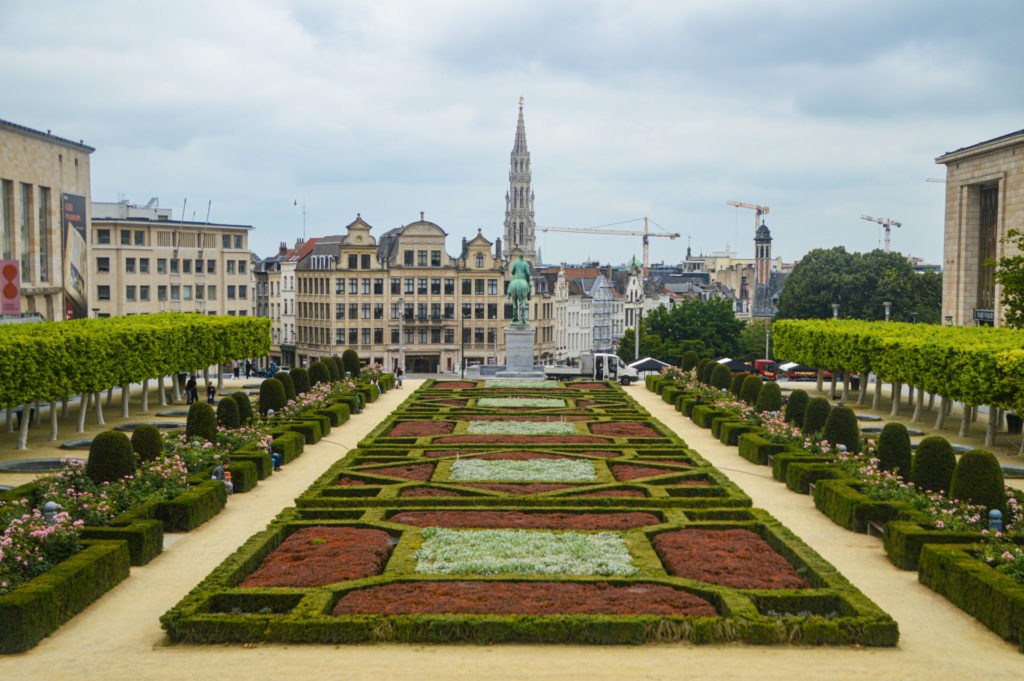One-third of Brussels' residents are non-Belgian and a quarter of the region's economic turnover depends on internationals. Yet foreigners are still not able to vote in regional elections, which is seen as a prominent issue in the community.
According to preliminary results from a survey by the Brussels Government to give international residents a say in the politics, future and development of the region, changing the voting rights for those staying for a longer period is at the top of the priority list.
"Voting rights for international people who have lived here for five years came up several times in the responses, which is in line with our expectations," Pascal Smet, Brussels-Capital Region's State Secretary for European and International Relations, told The Brussels Times.
"The fact that international people in Brussels cannot vote is not good for the city's democracy or for their involvement," he added.
International residents in Brussels can vote in municipal and European elections but adding the regional elections to this list would require a change in the Belgian Constitution, which can only be done by the Federal Government.
"In 2.5 years, the next elections will be held. I hope that this will be on the agenda so that a process can be started to increase the pressure on extending voting rights," Smet said, adding that, until this has been done, "we must find other mechanisms to get those people more involved, and make sure their voices are heard in the city."
Another request from the international community is to make English a working language in the region, meaning its public services would no longer only be accessible in Dutch or French.
This change, too, can only be implemented by the Federal Government – the Federal Chamber of Representatives or the Federal Chamber of the Government –as it concerns the Belgian institutional balances.
Changes on a Brussels level
One recurring issue that can be worked on by the Brussels Government was the desire for the welcoming process to be simplified for international newcomers in Brussels, which would include processes like registering with local communes.
In general, the international community called attention to the complex structures of Belgian authorities that they have to deal with on a daily basis and which could be simplified.
"Ideas for multilingual services and simpler administration show how small changes could make it much easier to settle in and integrate," Alain Hutchinson, Brussels Commissioner for Europe and International Organisations, who collaborated with the government to launch the platform, said.
When it comes to optimising life in the city's EU quarter, respondents pointed at the importance of improving the quality of public spaces, for example by supporting the opening of vibrant cafés and local shopping, as well as making the area greener and redesigning the bike lane system to make the area safer.
"These are things that we are already working on and there is a clear support for it," Smet said.
The survey also highlighted that an issue of rising rent prices for Belgian residents in Brussels. "Even international residents find that it is getting more expensive to rent here. Until now, we did not hear that from this community," said Smet.
As part of the second phase of this initiative, the recommendations will be uploaded to the platform to be voted on, narrowing them down to priority issues. Eventually, these will be gathered in a "manifesto" that will be presented to the Brussels Parliament for its consideration.
During the first phase, more than 250 ideas were suggested; however, the government is aiming to increase the scale to shift from quality responses to more representative findings.
"We have to go even further in reaching that group and we must find out how we can expand and strengthen this connection structurally," Smet concluded.

